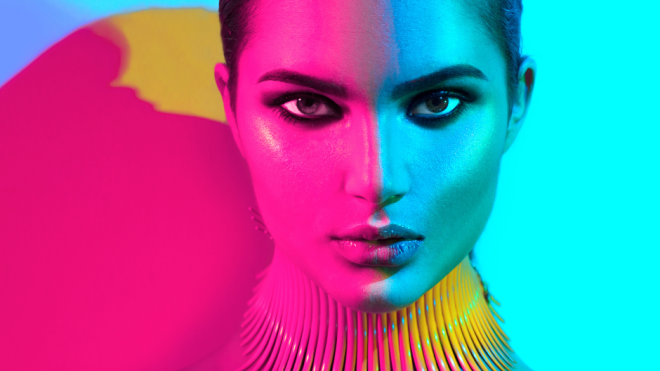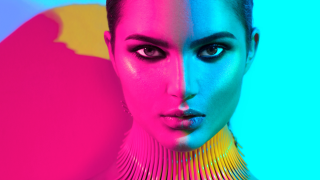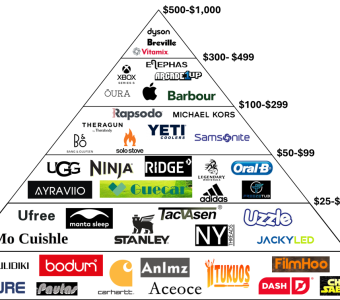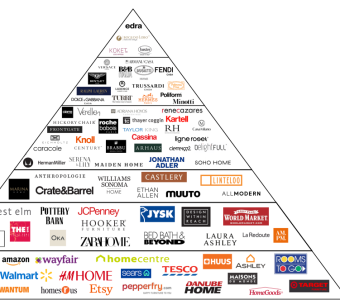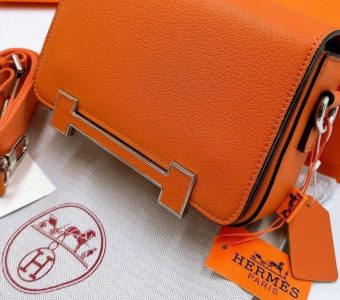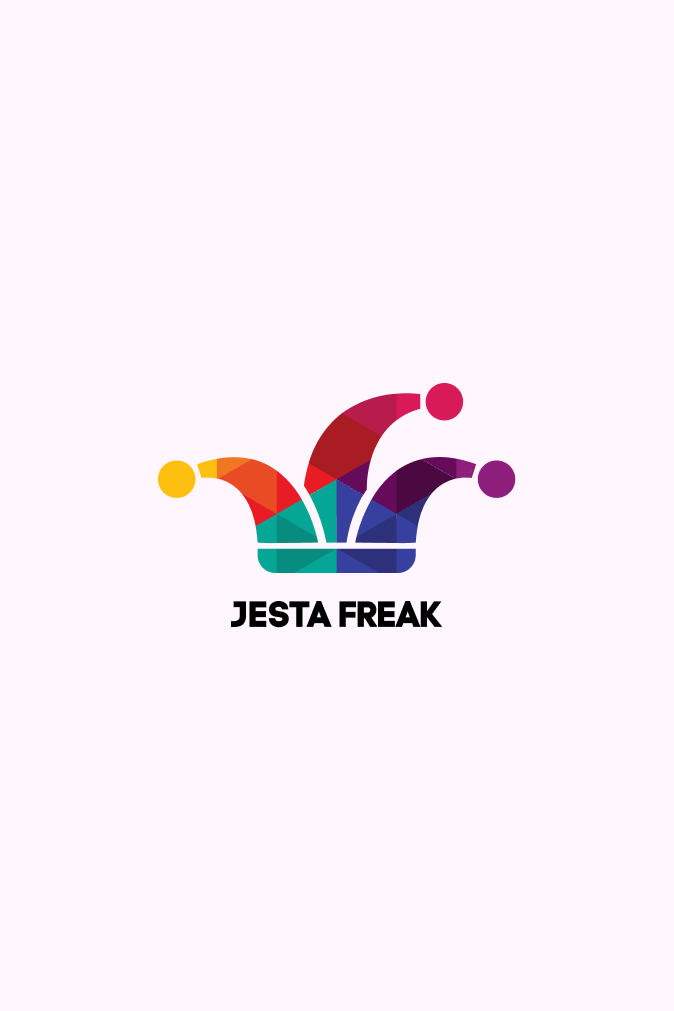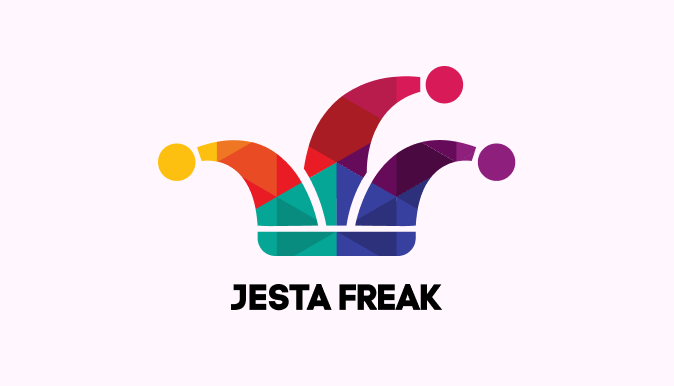We have all seen the AI Fashion video shared by Elon Musk on X this week (July 2024) and the waves of reactions on social media. Artificial intelligence (AI) has rapidly become a transformative force across various industries, and the fashion sector has quickly joined the trend. AI is revolutionizing every aspect of the business – from designs to marketing, sales, and modeling – offering new opportunities for companies to optimize their operations and achieve unprecedented success.
What is AI Fashion and When Did It Start?
In April 2023, Cyril Foiret’s generative AI studio, Maison Meta, hosted the inaugural AI Fashion Week in New York. This event featured a competition where aspiring fashion designers utilized AI to create fashion collections. The winners had their collections physically produced and sold online through retailer Revolve.
Like any emerging technology, the integration of AI in fashion presents its own set of challenges and sparks concerns about job redundancies and the potential erosion of creative artistry. Foiret however maintains that there is little cause for alarm.
Today (July 2024), Jesta Freak will examine the effects of AI on the fashion industry and exhibit their broader implications.
AI Fashion Models
AI fashion models are digitally created representations, designed using artificial intelligence, that can showcase clothing and accessories in a manner similar to human models. Moreover, these AI models can be customized to virtually display a variety of body types, ages, sizes, and skin tones, thereby providing a diverse range of looks for the fashion items they model, as noted by Forbes. For instance, Botika, and ifoto provide virtual fashion models because “traditional fashion model photoshoots are expensive and time-consuming.”
Lu Do Magalu an AI Influencer and Model is one of the first AI fashion models to gain popularity with 7 million Instagram followers and 3 million YouTube followers. Lu Do Magalu is a Brazilian virtual model created in 2003, hired by several well-known brands like Samsung, and involved in promotional processes in fashion, makeup, lifestyle, skincare, and travel videos.
Other popular AI Influencers and AI Models for instance are Shudu with 240k followers on Instagram, and Imma which has 388K followers on Instagram.
Brands Involved In AI Fashion

In March 2023, Levi’s, the iconic denim brand, announced its decision to experiment with AI-generated clothing models to enhance diversity in their shopping experiences. This initiative aims to complement not replace, human models by offering a broader spectrum of representation. To realize this project, Levi’s is collaborating with Lalaland.ai, a premier digital fashion studio specializing in hyper-realistic, AI-generated fashion models.
However, the announcement was met with significant criticism, prompting Levi’s to issue a statement clarifying the intended use of AI in promoting diversity. As the company embarks on this digital initiative, it emphasizes that AI is not a comprehensive solution for diversity issues. Levi’s has made it clear that this venture into AI modeling is just one component of its broader strategy toward achieving diversity, equity, and inclusion goals.
As per The Guardian, “this is not a new question. There are already “digital influencers” like Lil Miquela and Shudu, fake avatars with millions of followers on social media and they model Prada, Dior and Gucci clothing with the idea that their (human) audience will purchase the pieces.”
In fact, many brands in the world are joining the trend – openly or discreetly – and “complimenting” their modeling team with AI fashion models, as they say.
Advantages of AI Fashion
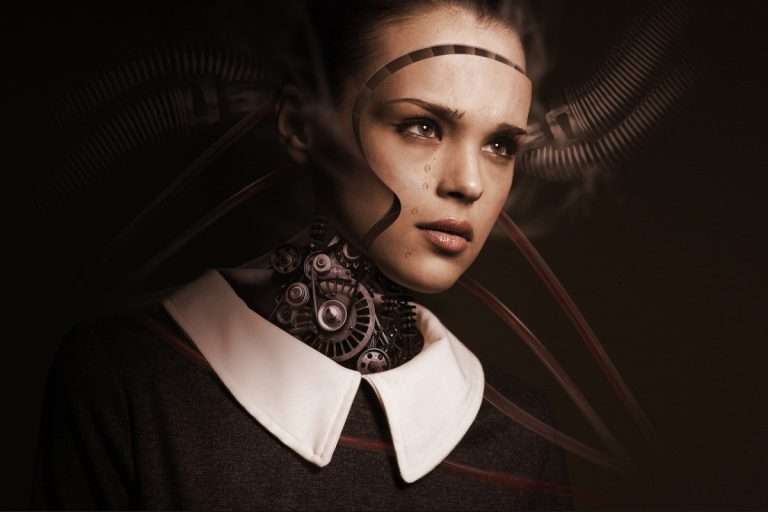
Below is a summary of what brands using AI Fashion claim to benefit from:
Enhanced Supply Chain Management: AI models predict future sales based on historical inventory levels and sales performance, enabling businesses to make informed stocking decisions, reduce waste, improve customer satisfaction, and increase profits, based on a published article by Forbes. “The Fabricant, a digital fashion house, sold a virtual dress for $9,500, signaling the potential of this new digital fashion era”.
Targeted Marketing Strategies: AI-powered marketing tools analyze data to identify optimal marketing strategies, target the right customers, and maximize advertising impact, saving time and money on promotions while identifying new trends and emerging markets.
Innovative Design Processes: AI algorithms predict trends and analyze customer preferences, allowing fashion businesses to create popular designs and reduce the risk of unsold inventory, fostering innovative and market-driven designs.
Inclusive and Customizable Models: AI-generated models enable companies to experiment with diverse model images, promoting inclusivity by featuring models of various shapes, ethnicities, genders, and sizes, aligning with brand values and mission.
Sustainability and Cost/Time Efficiency: Digital processes minimize waste and reduce material costs and resources spent on location shoots. Although initial costs of creating AI models are high, long-term savings are achieved through reduced promotional expenses and the ability to reuse models in multiple campaigns.
With AI algorithms predicting trends and analyzing customer preferences, fashion businesses can now create designs that are more likely to be popular with their target market and reduce the risk of producing designs that don’t sell. Hmm, but is it so?
Disadvantages of AI Fashion
Impact on Human Workforce: AI’s capability to perform tasks traditionally done by designers, marketers, models, salespeople, promoters and other involved fashion professionals raises concerns about job displacement.
Impact on Human Creativity: Using AI to generate designs instead of humans’ productive creativity doesn’t sound very positive. Gifted Human creativity has always been the beautiful drive for amazingly exquisite fashion designs and modeling throughout life.
Risk of Homogenization: The use of AI in driving design and marketing decisions could lead to a more homogenized fashion industry, reducing individuality, not only creativity. This homogenization may result in a decline in the quality and appeal of fashion products.
Impact on Human Financial and Social Stability: AI is quickly “complimenting” – so far if not replacing – humans. The potential loss of jobs could significantly affect both the fashion industry, the broader economy, as well as humans’ wellbeing and social stability.
Mary Towers, the TUC’s AI lead, emphasizes that AI can aid workers in the creative sector but warns against its misuse to replace human creativity and advocates for new laws to ensure workers in the arts, including fashion, are consulted and compensated when their work and intellectual property are used by AI. Towers highlights the issue of performers’ images, voices, or likenesses being reproduced by AI without consent, stressing the need for urgent regulation to protect workers’ creativity and copyright.
What is Jesta Freak Jester’s Observation?
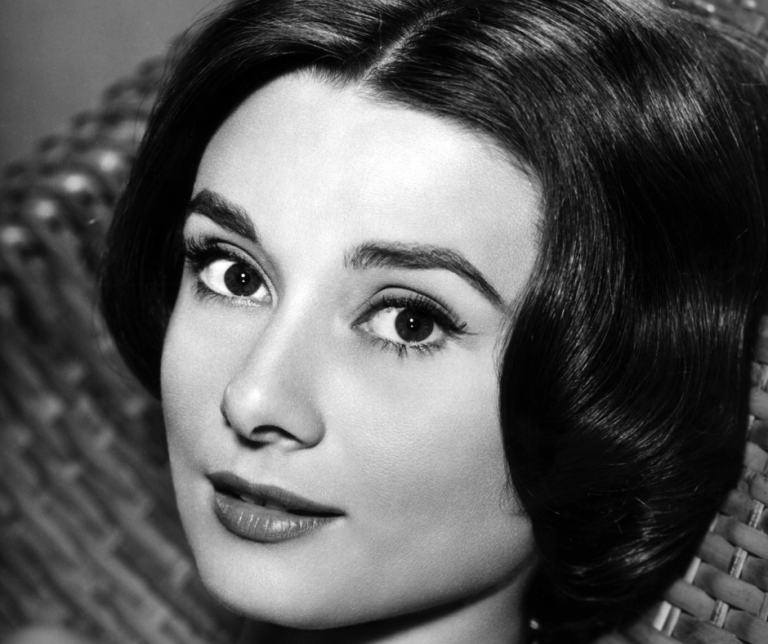
While AI has the potential to revolutionize the industry, it also introduces many challenges that must be urgently addressed. The fashion industry must ensure AI is used to solely enhance creativity and diversity rather than diminish them. Responsible and ethical adoption of AI is crucial to mitigate negative impacts on human financial security, mental, and social stability. With the right approach, businesses can leverage AI to drive growth and improve their bottom line in very specific areas.
This makes me raise the question here about the future of Haute Couture, like Maison De Dior for instance, and their handmade masterpiece dresses or the unique handmade Birkin and Kelly bags by Hermès. Will they still exist 20 years from now? Will they become more exclusive and hence more expensive? What about those gifted tailors, will they still keep their jobs?
Call me old fashioned, but to me Lola, no robot or AI model can reach half the magic Caludia Schiffer or Naomi Campbell for instance could do, and I intend to keep enjoying such human class.
Join Jestafreak today, complete Your Lifestyle Profile, and record which experiences, and brands you are passionate about and love. Unlock a new world! Discover a community that loves brands and seize opportunities to make your voice heard.
Visit Jestafreak.com to explore in-depth insights into consumer behavior, brand histories, and much more.
Engage directly with our community in the Jester’s Court, or amplify your influence by becoming an Angel Customer by completing your private personal lifestyle profile.
Sources:
https://www.forbes.com/sites/theyec/2023/02/21/artificial-intelligence-in-fashion/
https://www.theguardian.com/fashion/2024/feb/08/ai-london-fashion-week
https://topaiinfluencers.io/top-ai-fashion-models/
https://www.forbes.com/sites/bernardmarr/2023/06/07/pixel-perfect-the-rise-of-ai-fashion-models/
https://www.theguardian.com/fashion/2023/apr/03/ai-virtual-models-fashion-brands
